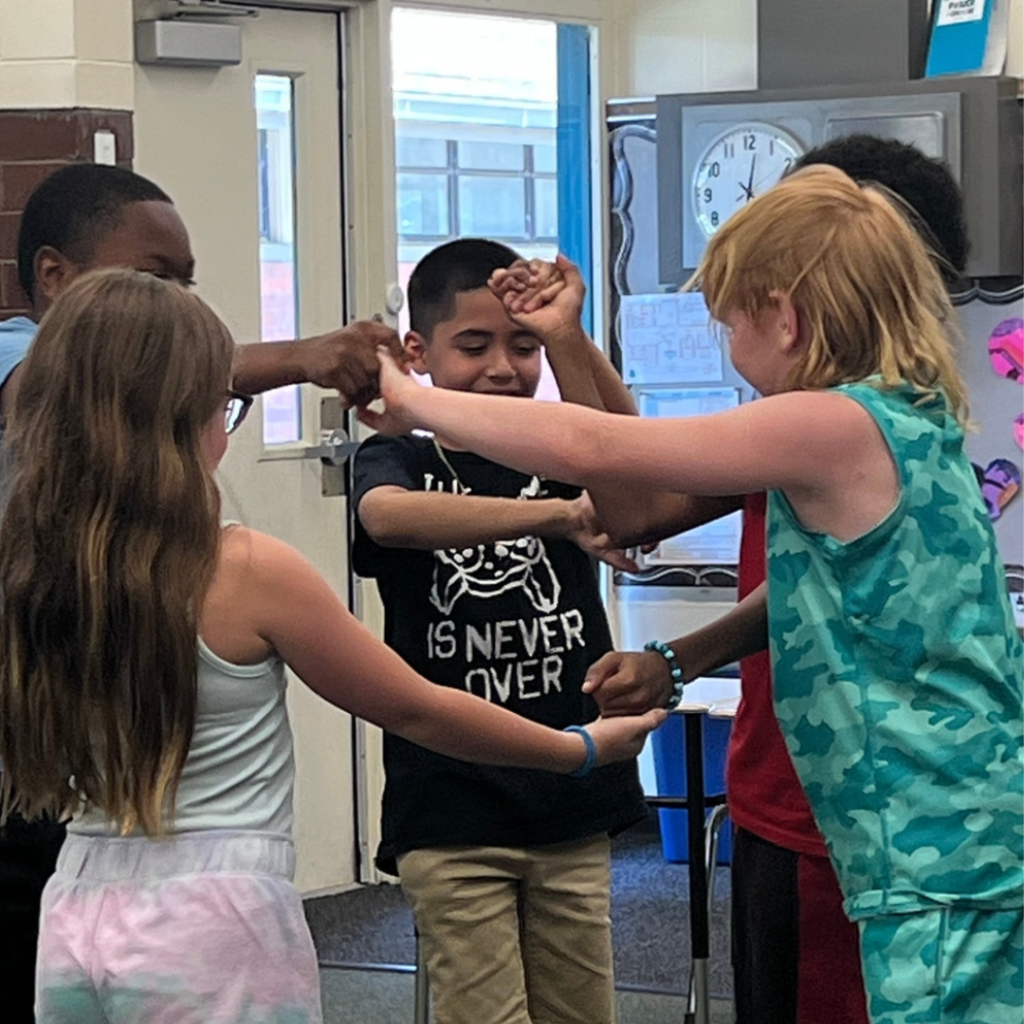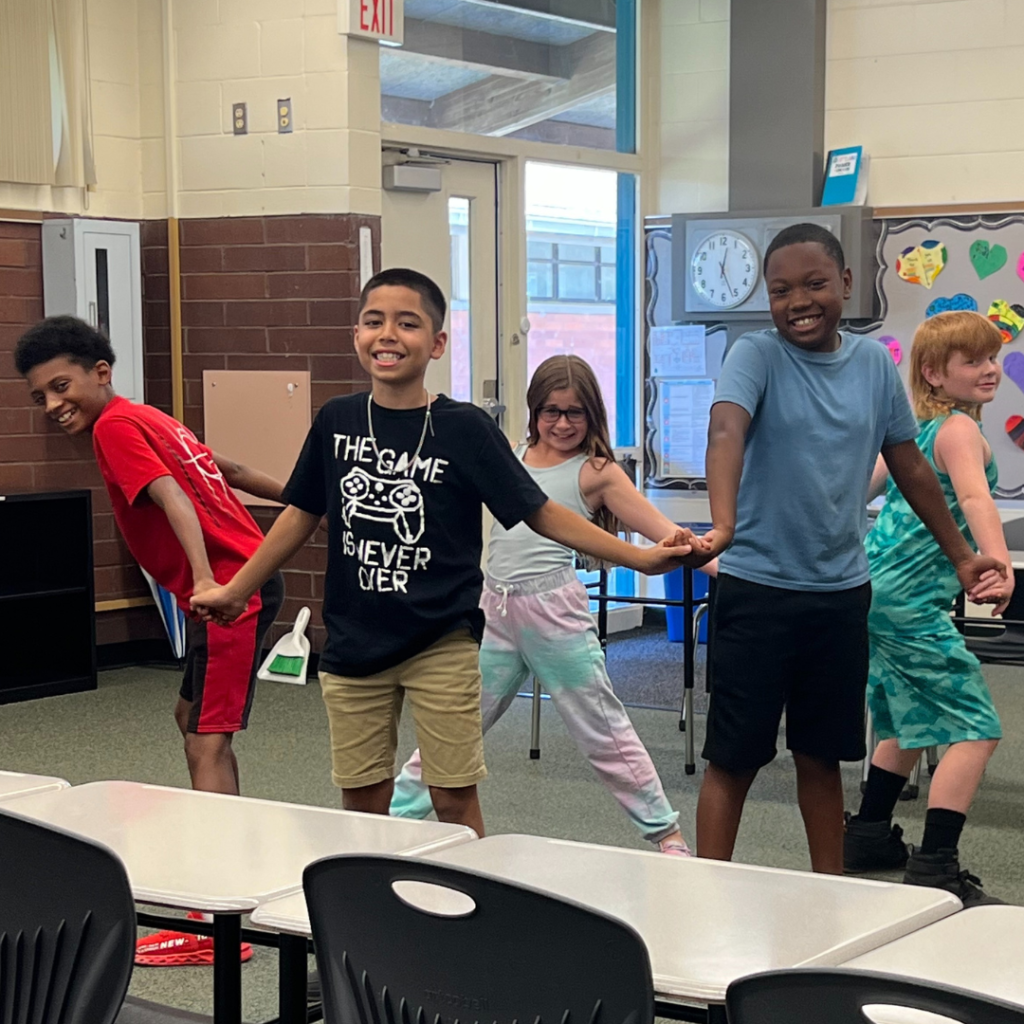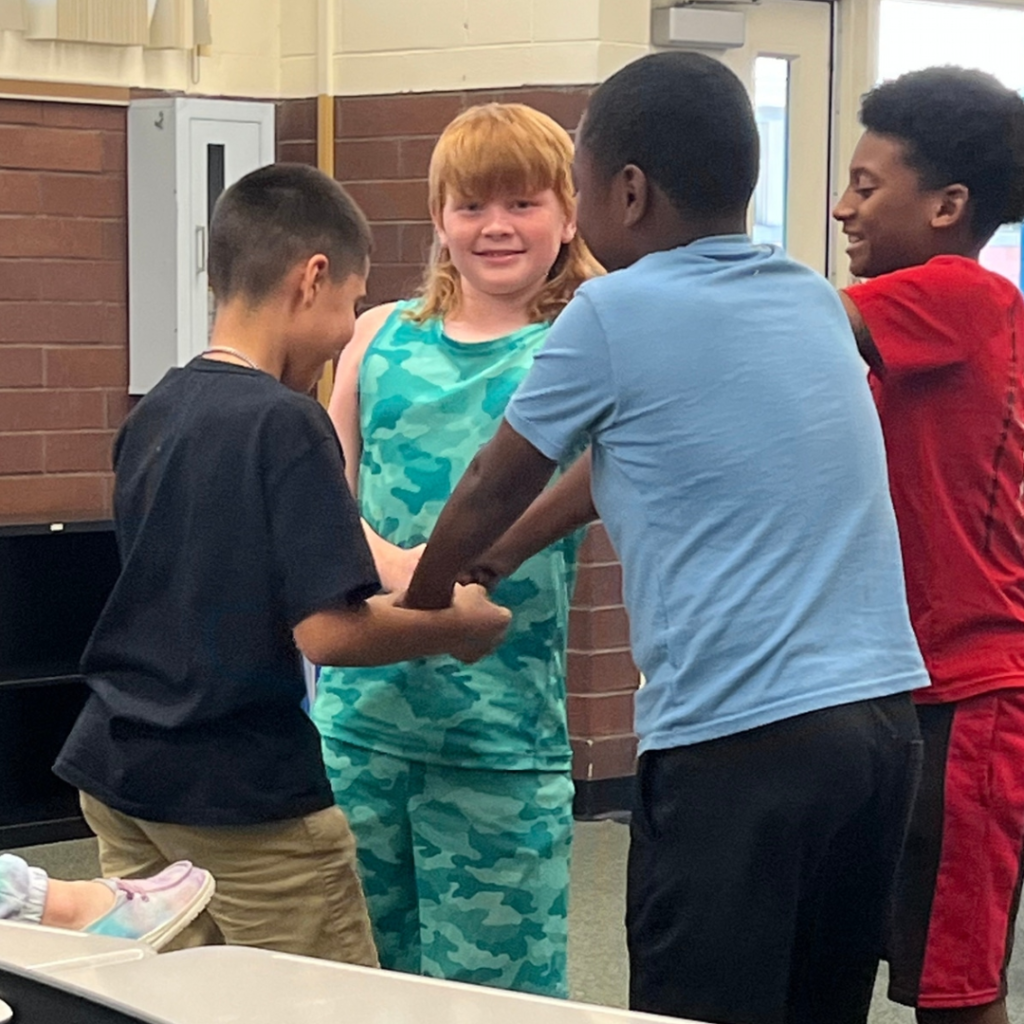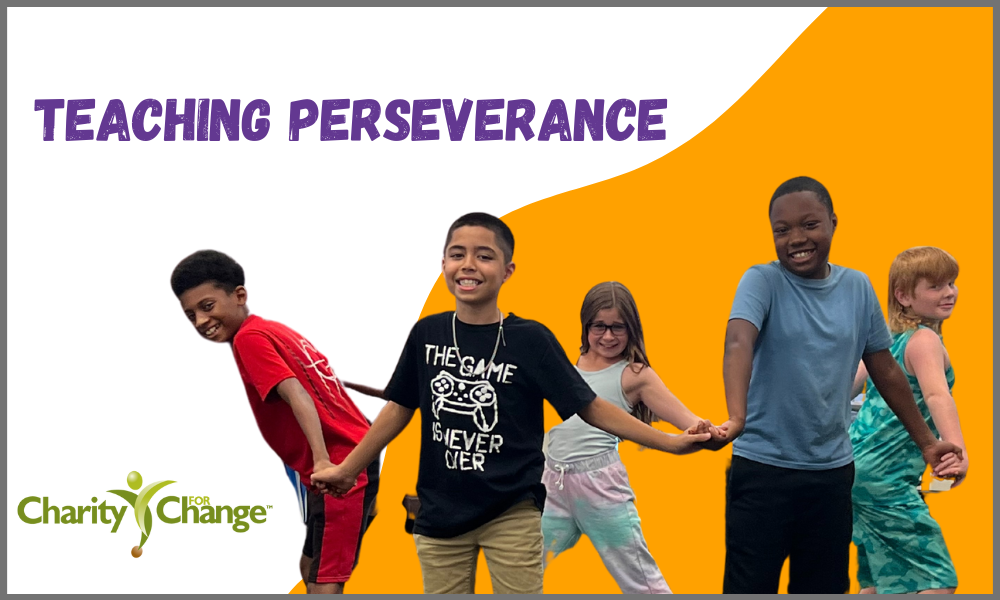Perseverance for kids is all about working hard and refusing to give up, even when the going gets tough. Research has shown that this character trait helps children develop the resilience they need to overcome challenges and achieve their goals (Haupt, 2024). This article delves into why perseverance matters so much for young learners and provides classroom strategies and activities to nurture this crucial character trait.
Why Perseverance Matters for Kids
Perseverance isn’t just some abstract concept – it’s a skill that can make a real difference in kids’ lives. Here’s why developing perseverance is so important for young learners:
Academic Achievement
School can be tough sometimes. Perseverance helps students power through particularly difficult subjects, leading to better overall learning outcomes. Research shows that when kids learn to keep trying, even when they hit roadblocks, they’re set up for greater academic success (Savvy School Counselor, 2023).
Stronger Social Skills
Building and maintaining friendships takes perseverance, too. As children navigate social challenges, that ability to stick with it helps them develop deeper, more meaningful relationships. While it might not be obvious, perseverance is the glue that keeps kids’ social lives strong.
Resilience
Perhaps most importantly, perseverance leads to resilience and a growth mindset in children. Instead of shying away from challenges, students learn to embrace them and see failures as learning opportunities. Perseverance also goes hand-in-hand with confidence. Whenever students overcome their fears or obstacles, they gain confidence and a sense of self-efficacy (Savvy School Counselor, 2023).
Nine Ways to Teach Perseverance Through the Classroom’s Daily Routines
1. Focus on Effort, Not Just Results
It’s easy to get caught up in the end result, but try to highlight your students’ hard work instead. For example, instead of just praising a good test score, say something like, “Wow, I saw how much you studied for that – your effort paid off!” This statement shows them that the process matters, not just the outcome.
2. The Power of “Yet”
If a student says they can’t do something, add the word “yet” to the end. For example, “You can’t do it yet, but I know if you keep practicing, you’ll get there.” This little shift in language helps kids understand that skills take time to develop.
3. Goal-setting
Work with your students to set both long-term and short-term goals. Break the bigger goals down into smaller, manageable steps. For instance, if they want to learn to play a recorder, have them practice for 10 minutes each day. Celebrate the progress along the way to keep them motivated!
4. Encourage Problem-Solving
When faced with a challenge, guide students to brainstorm solutions instead of just giving them the answer. Ask questions like “What do you think you could try next?” This shows them that perseverance often means finding creative ways to overcome obstacles.
5. Inspiring Books
Incorporate books that showcase perseverance. Relating to characters who overcome challenges inspires students to model their behavior.
6. Celebrate Small Achievements Along the Way
Make sure to recognize and celebrate all those little achievements, whether it’s finishing a tough assignment or learning something new. Acknowledging their progress reinforces the importance of sticking with it.
7. Make Challenges Routine
Include challenges in the daily classroom routine, like setting aside a “challenge hour” where your students work on puzzles, homework, or classroom chores that require a little extra effort. This helps them see facing difficulties as a normal part of life.
8. Modeling Perseverance for Kids
As educators, you have a powerful opportunity to model perseverance for your students. Share your own experiences of overcoming obstacles and the strategies you used.
9. Positive Self-Talk
Teach your students to give themselves encouraging affirmations when facing difficulties, like “I can do this” or “I won’t give up.” Give them short phrases like these to remember when times get tough. This internal pep talk boosts their confidence and resilience.
Activities to Teach Perseverance
Try these activities to make learning perseverance engaging for students:
- Art Projects: Projects that require multiple attempts, such as painting or building models, illustrate the value of persistence.
- Sports and Games: Games requiring practice and improvement–where effort leads to skill development–build perseverance.
- Puzzle Challenges: Puzzles or brain teasers that require sustained effort to solve reinforce the idea of working through difficulties.
- Group Activities that Require Collaboration: Group activities where students must collaborate to achieve a common goal help them learn to persevere and support each other through challenges.
Activities that require persistence, problem-solving, and pushing through challenges help students develop perseverance, so you can be creative when developing a lesson plan focused on perseverance. The Charity for Change curriculum, for example, offers many activities designed to teach students perseverance. These activities include mindfulness exercises, peer-to-peer reflections, math, kinesthetics, puzzles, reader’s theater, and family interaction.
A fun activity we use to teach students perseverance is the “Perseverance People Puzzle.” The students must untangle themselves back into a circle by using communication, teamwork, and perseverance!



The Perseverance People Puzzle
Teaching perseverance is an investment in students’ lifelong success. Developing perseverance not only prepares children for academic and social challenges but also builds resilience that will benefit them throughout their lives.
If you’re looking for a complete curriculum that builds perseverance and resilience, click here to learn about the Charity for Change Program.

Karen Conley
Founder and CEO of Charity for Change
References
Haupt, H. (2024). Helping Kids Persevere!. Retrieved from https://www.heatherhaupt.com/helping-kids-persevere/
Savvy School Counselor. (2023). Teaching Kids About Perseverance. Retrieved from https://savvyschoolcounselor.com/teaching-kids-about-perseverance/





